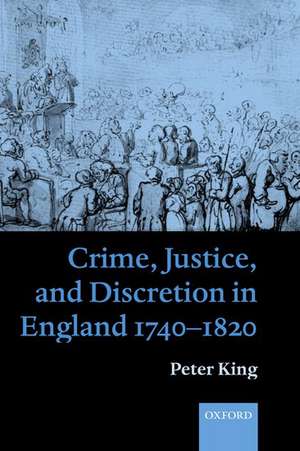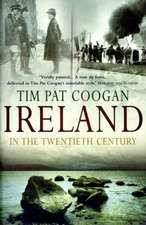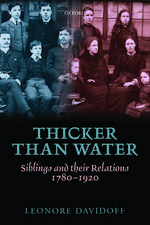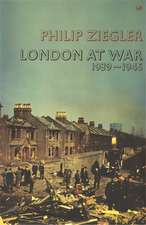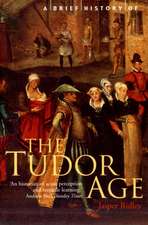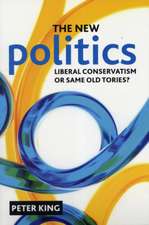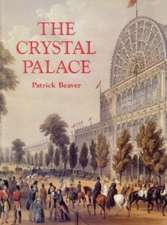Crime, Justice and Discretion in England 1740-1820
Autor Peter Kingen Limba Engleză Paperback – 23 ian 2003
Preț: 474.68 lei
Preț vechi: 655.41 lei
-28% Nou
Puncte Express: 712
Preț estimativ în valută:
90.83€ • 94.83$ • 75.17£
90.83€ • 94.83$ • 75.17£
Carte tipărită la comandă
Livrare economică 24-31 martie
Preluare comenzi: 021 569.72.76
Specificații
ISBN-13: 9780199259076
ISBN-10: 0199259070
Pagini: 398
Ilustrații: numerous tables and figures and 1 map
Dimensiuni: 155 x 234 x 22 mm
Greutate: 0.55 kg
Editura: OUP OXFORD
Colecția OUP Oxford
Locul publicării:Oxford, United Kingdom
ISBN-10: 0199259070
Pagini: 398
Ilustrații: numerous tables and figures and 1 map
Dimensiuni: 155 x 234 x 22 mm
Greutate: 0.55 kg
Editura: OUP OXFORD
Colecția OUP Oxford
Locul publicării:Oxford, United Kingdom
Recenzii
Review from previous edition This book is the long-anticipated culmination of many years' work, and it has been worth waiting... Overall, this book is a fine complement to John Beattie's study of London for the previous period (Policing and Punishment in London 1660-1750: Urban Crime and the Limits of Terror, OUP 2001), so that between them we have a comprehensive picture of crime and the law... from the Restoration to the early nineteenth century.
This thorough empirical study of the prosecution of property offences in the English courts will stand alongside the classic studies of the eighteenth /century/ history of crime by Beattie, Hay, Gatrell, Langbein, Linebaugh and Thompson... but one will never be able to read their works again unscathed by King's incisive commentary and powerful counter evidence... Criminologists seeking to gain new perspective on the meanings of crime and the social role of the criminal law will learn much from the extraordinarily vivid picture drawn by King of the workings of the eighteenth century criminal court.
interesting, thoughtful, scholarly and well-written
Peter King has produced a stunning account of discretionary justice in the criminal process ... a wonderful blend of quantitative and qualitative analysis ... There is a library of first-rate studies of the criminal process in eighteenth century England. This book is among the very best of them ... I rank it along side John Beattie's (1986) magisterial award winning study, Crime and the Courts in England: 1660-1800, as one of the two best ... a stunning achievement.
Peter King's Crime, Justice and Discretion in England 1740-1820 is on a par with the groundbreaking research of Thompson and his students ... every paragraph teems with evidence of King's mastery of the secondary sources, his painstaking archival research, and judicious consideration of the material he has assembled.
This thorough empirical study of the prosecution of property offences in the English courts will stand alongside the classic studies of the eighteenth /century/ history of crime by Beattie, Hay, Gatrell, Langbein, Linebaugh and Thompson... but one will never be able to read their works again unscathed by King's incisive commentary and powerful counter evidence... Criminologists seeking to gain new perspective on the meanings of crime and the social role of the criminal law will learn much from the extraordinarily vivid picture drawn by King of the workings of the eighteenth century criminal court.
interesting, thoughtful, scholarly and well-written
Peter King has produced a stunning account of discretionary justice in the criminal process ... a wonderful blend of quantitative and qualitative analysis ... There is a library of first-rate studies of the criminal process in eighteenth century England. This book is among the very best of them ... I rank it along side John Beattie's (1986) magisterial award winning study, Crime and the Courts in England: 1660-1800, as one of the two best ... a stunning achievement.
Peter King's Crime, Justice and Discretion in England 1740-1820 is on a par with the groundbreaking research of Thompson and his students ... every paragraph teems with evidence of King's mastery of the secondary sources, his painstaking archival research, and judicious consideration of the material he has assembled.
